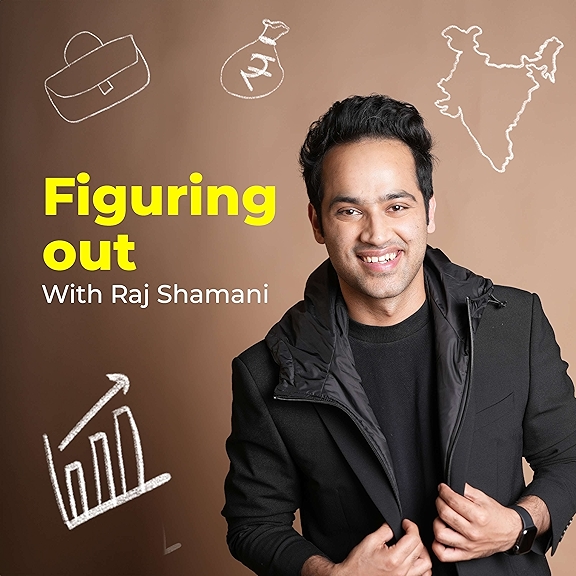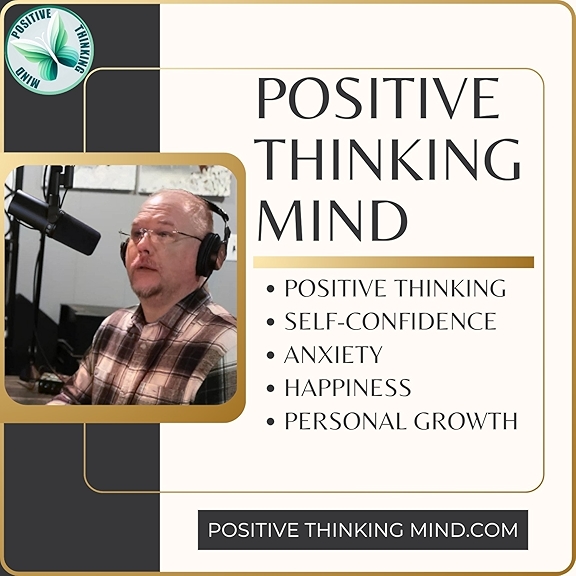
How to Apply Successfully to STEM PhD Programs [Episode 566]
Show Summary
Here at Accepted, we're getting more and more inquiries from applicants interested in PhD programs in the STEM fields, so Linda Abraham has invited a panel of Accepted consultants to discuss PhD admissions in engineering, life sciences, and STEM. The panelists discuss what PhD programs in STEM typically look for in applicants, including academic achievements and research experience. They emphasize the importance of research experience, publications, and presentations in the application process. The panelists also discuss the role of rankings in selecting schools, the importance of finding the right faculty advisor, and the significance of the statement of purpose in the application. They provide advice for interview preparation and offer insights for re-applicants and international applicants.
Show Notes
Welcome to the 566th episode of Admissions Straight Talk. Thanks for tuning in. The challenge at the heart of PhD admissions is showing that you both fit in at your target programs and stand out in the applicant pool. Accepted's free download, Fitting In and Standing Out: The Paradox at the Heart of Admissions, will show you how to do both. Master this paradox and you are well on your way to acceptance. You can download this free guide and accepted.com/fiso.
Our panelists today are Dr. Karin Ash, Accepted consultant since 2015 and former director of the Career Management Center at Cornell’s Johnson School, career coach at Cornell’s College of Engineering, and Director of Cornell Career Services; Dr. Herman “Flash” Gordon, Accepted consultant since 2014 and former chair of the U of Arizona Tucson College of Medicine’s admissions committee as well as a member of several Ph.D. admissions committees; and Dr. Barry Rothman, Accepted consultant since 2015 and Emeritus Professor of Biology, and founder and former Director of SF State University Postbac Programs.
Welcome to Admissions Straight Talk. [2:05]
[BR] Great to be here.
When we talk about PhDs in STEM, we have a very broad topic. What will most STEM PhD programs want to see in applicants both academically and experientially? [2:11]
[KA] I used to work with MBAs. When I was at one of my stints at Cornell and was working with MBAs, the admissions team would look for leadership and achievements in that regard, personality, being able to lead a team, being able to get along with a lot of other people and being able to motivate other people. I have found with STEM that it is very much about achievements in the STEM field and less focused on personality. Yes, you need to get along on any project team, and yes, it would be ideal that if you are, let's say going to work in industry, that you become a leader someday, but I think what I have seen is it's more about the achievements in their field. Some of my PhD clients have come directly from undergrad, they were just able to get a number of research experiences as an undergrad and applied successfully to PhD programs. Others have come to me from master's programs. I'm not sure that there's a right way or a wrong way, it depends on what your own experience is, but you can be successful either route.
You seem to be dealing more with the experiential qualifications. [4:00]
[KA] Especially research experience. Let's say you're applying after working in industry, but you never had any research experience as an undergrad or in industry, then the challenge is much tougher. If you had research experiences at your university, even if you're not published, you have an easier path.
Barry, do you want to add something? [4:33]
[BR] Yeah, I wanted to add that I think for STEM PhD applicants, one of the criteria is you need to know how to think and that the entire application process emphasizes that and experience. They don't want somebody who was a pair of hands who was told what to do on a research project and wasn't intellectually involved, so I think that's extremely important. Then,




















